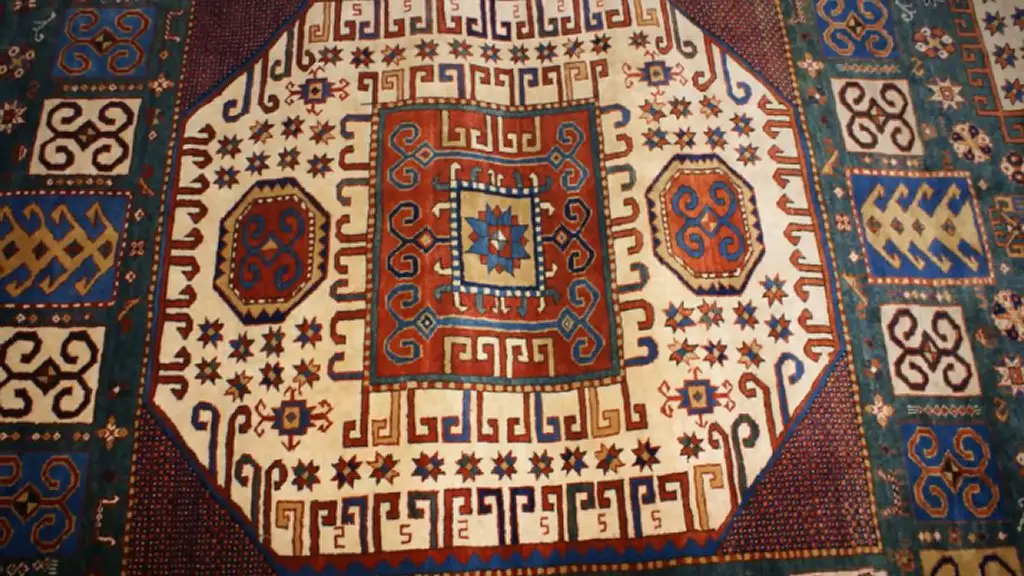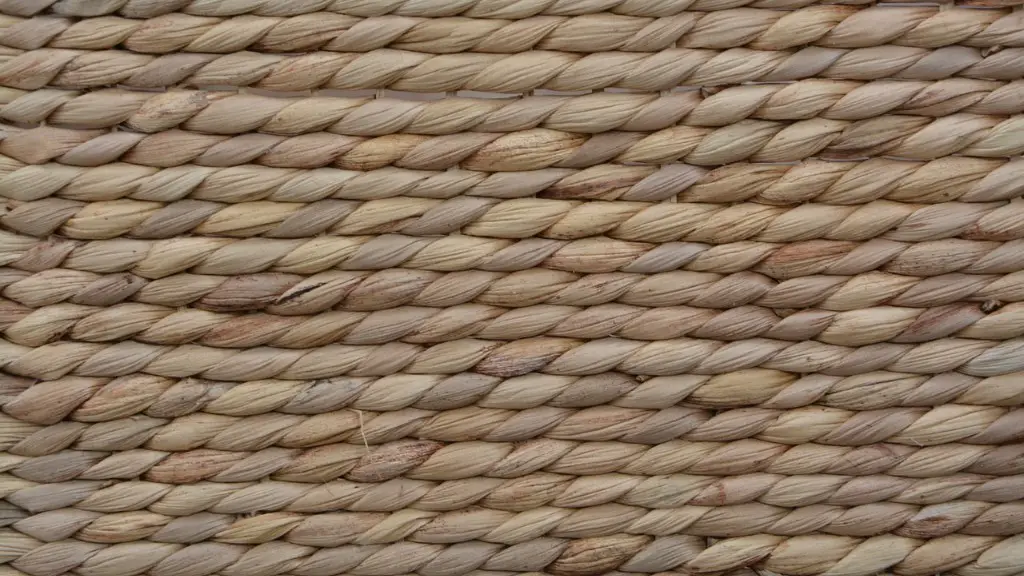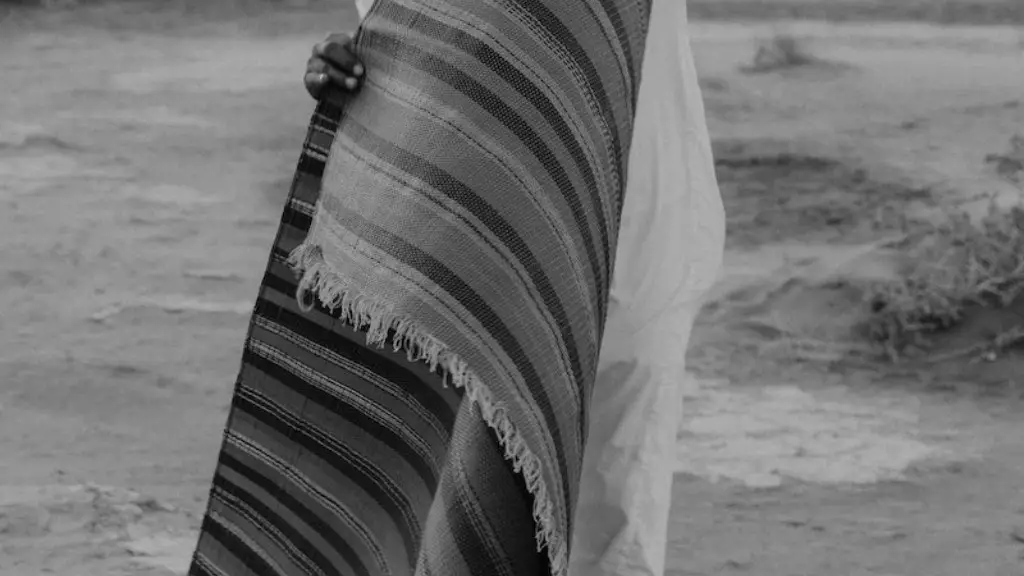If you have a mouse problem in your home, one of the telltale signs is mouse droppings in the carpet. While mouse droppings may not seem like a big deal, they can actually be quite dangerous. Not only can mouse droppings carry diseases, but they can also attract other pests, like cockroaches. This is why it’s important to remove mouse droppings from the carpet as soon as you see them. The good news is that there are a few easy ways to do this.
There are a few ways that you can remove mouse droppings from your carpet. One way is to use a vacuum cleaner with a hose attachment. Another way is to use a damp cloth to pick up the droppings. You can also use a mixture of warm water and dish soap to remove the droppings.
How do you clean carpet after mice?
It is important to remove droppings from carpets before shampooing them with an approved, commercial-grade disinfectant or steam cleaner. Be sure to read the product label to determine that there will be no damage to the carpets.
The virus may remain infectious for 2 to 3 days at room temperature. Exposure to sunlight will decrease the time of viability and freezing temperatures will increase the time that the virus remains infectious.
What to do if you swept mouse droppings
1. Make a solution of one-part bleach and nine-parts water in a spray bottle or use a general purpose household disinfectant.
2. Wearing rubber or plastic gloves, spray the solution or disinfectant on the dried urine, feces and nesting material until the substances are soaking wet.
3. Allow the area to air dry.
4. Repeat the process if necessary.
Yes, vinegar does disinfect mouse droppings. It is the next best thing to using household bleach and water. If you don’t have bleach available, white vinegar mixed with water in the same ratio will suffice, again using a spray disinfectant, masks, and disposable gloves.
Is it OK to vacuum up mouse droppings?
If you have rodents in your home, the CDC recommends that you do not vacuum or sweep their urine, droppings, or nesting materials. These actions can cause tiny droplets containing viruses to get into the air, which can be harmful to your health.
Hantavirus disease is a serious illness that can be deadly. Anyone who comes into contact with infected rodent droppings, urine, saliva, nesting materials, or particles from these, can get hantavirus disease. Exposure to poorly ventilated areas with active rodent infestations in households, is the strongest risk factor for infection. Symptoms of hantavirus disease include fever, muscle aches, and fatigue. If you have any of these symptoms, seek medical attention immediately. Early diagnosis and treatment is critical for the best possible outcome.
Does Lysol disinfect mouse droppings?
A mixture of 1½ cups of bleach or Lysol® in a gallon of water is effective at killing the virus. Allow the solution to sit for 15 minutes before cleaning up with a mop or sponge. Spray rodent carcasses, nests, droppings, and other potentially contaminated items and surfaces with bleach or disinfectant.
Mice and rats can spread bacteria and contaminate food sources. Their droppings can also spread diseases and viruses. Some of the diseases that can be spread by rodents include:
• Salmonellosis
• Leptospirosis
• Hantavirus
• Listeriosis
Allergic reactions are also a possible response to rodent feces. If you come in contact with rodent feces, it is important to wash your hands thoroughly and avoid touching your face. If you suspect that you have been exposed to rodent feces, it is important to seek medical attention immediately.
What happens if you leave mouse droppings
Salmonella – This disease is caused by contact with rodent feces or contaminated food and water. Salmonella can cause serious illness, especially in young children, the elderly, and those with weakened immune systems.
When using bleach to disinfect dead rodents and areas contaminated with rodent droppings, urine and/or organic debris, always use a solution of 15 cups of bleach per gallon of water. This will ensure that the area is properly disinfected and safe to use.
Should you wear a mask when cleaning mouse droppings?
CDC recommends that people who are frequently exposed to rodents in rural areas wear either a half-mask air-purifying (or negative-pressure) respirator or a powered air-purifying respirator (PAPR) with N-100 filters. Wearing one of these respirators will help protect you from inhaling dust and other particles that may be present in the air.
The hantavirus pulmonary syndrome advances through two distinct stages. In the first stage, which can last for several days, the most common signs and symptoms are fever and chills, muscle aches or pain, and cough. In the second stage, which can last for up to two weeks, the most common signs and symptoms are difficulty breathing, low blood pressure, and irregular heart rate.
Do dryer sheets repel mice
There’s no surefire way to keep mice out of your home, but there are some things you can do to make it less appealing to them. Dryer sheets won’t deter mice, but Baited traps may help.
The above mentioned smells can help to keep mice away. Mice are known to be sensitive to strong smells, so using these around your home or in storage areas can help to deter them.
What home remedy gets rid of mice fast?
Mice are a common household pest, but there are a few ways you can get rid of them naturally.
One way is to use peppermint oil. Mice are known to not be big fans of peppermint, so this can be a great way to keep them away.
Another way is to use a mixture of apple cider vinegar and water. You can spray this around the perimeter of your house as well as in any access points inside.
Another way to keep mice away is to use fabric softener sheets. Mice can’t stand the smell of fabric softener, so this can be a great way to keep them away.
If you find mouse droppings, it’s likely that you have a mouse infestation. Mice behave as a population and therefore they are never really alone. In fact, mice can easily go between homes by traveling through the void space and following the pipework. In the process, they will leave clues in the form of mouse droppings.
Should I throw away clothes with mouse droppings
If you find that your bedding, clothing, or even your child’s favorite stuffed animals have been contaminated with mice droppings, you should immediately wash them with hot water and a laundry detergent of your choice. This will help to remove any potential bacteria or viruses that may be present in the droppings and reduce the risk of infection.
Rodent droppings can carry a variety of diseases, so it is important to clean them up safely. To reduce the risk of exposure, the CDC recommends wetting them down with a disinfectant solution before cleaning them up. SF Environment recommends using a hydrogen peroxide solution for reduced odor and respiratory risk.
Conclusion
To remove mouse droppings from carpet, vacuum them up or pick them up with a paper towel. Then, disinfect the area with a household cleaning solution or disinfectant wipes.
One effective way to remove mouse droppings from carpet is to vacuum them up. Another way is to use a stiff brush to remove them.





